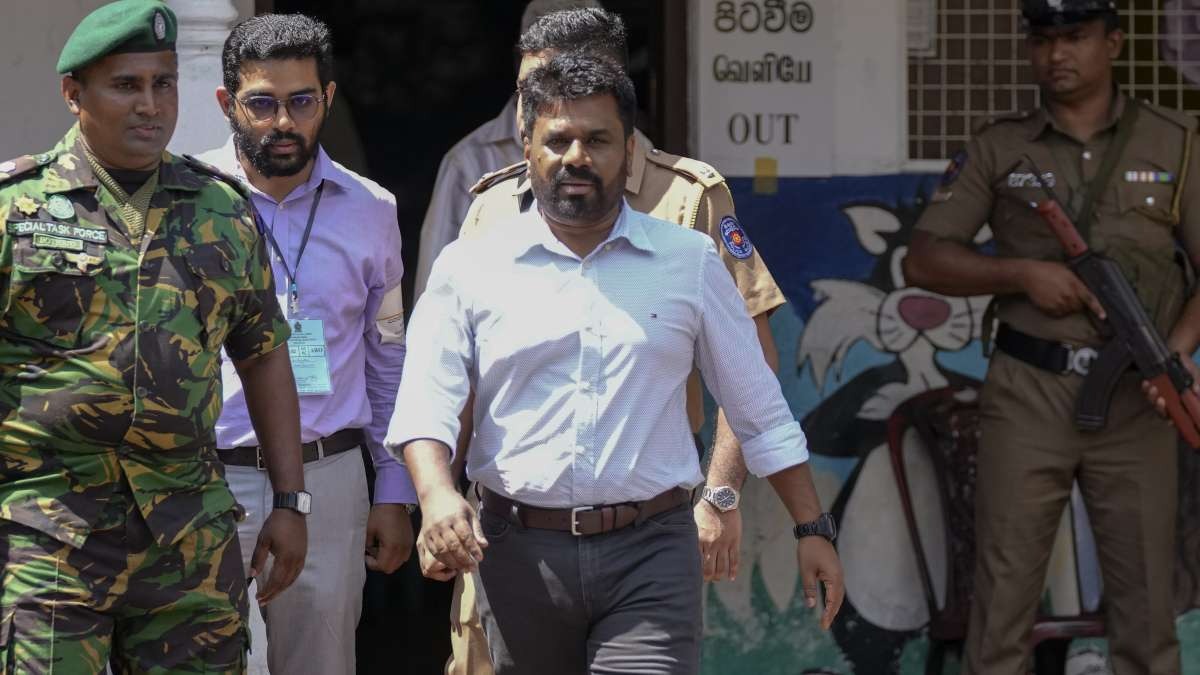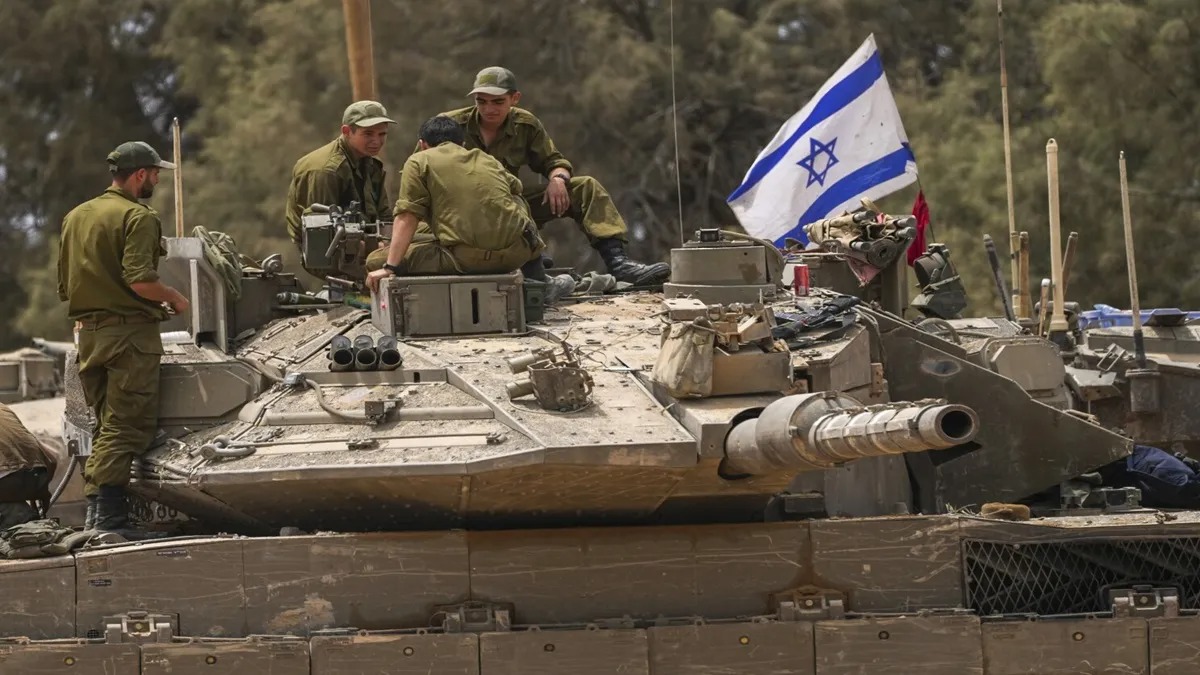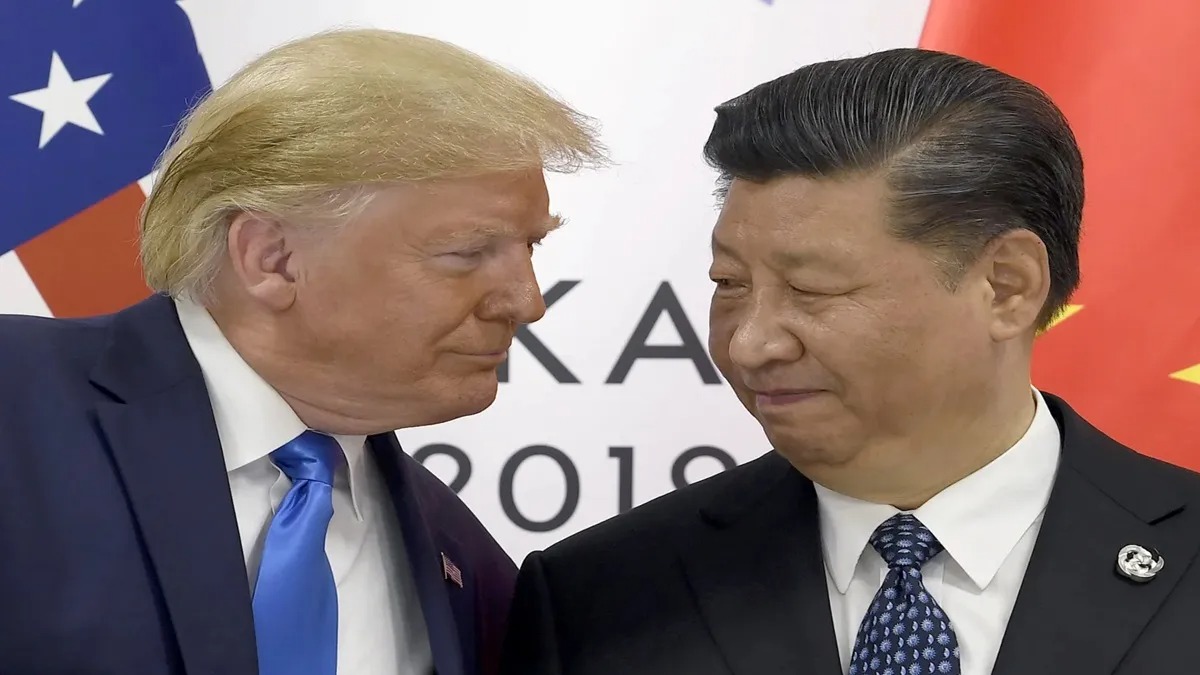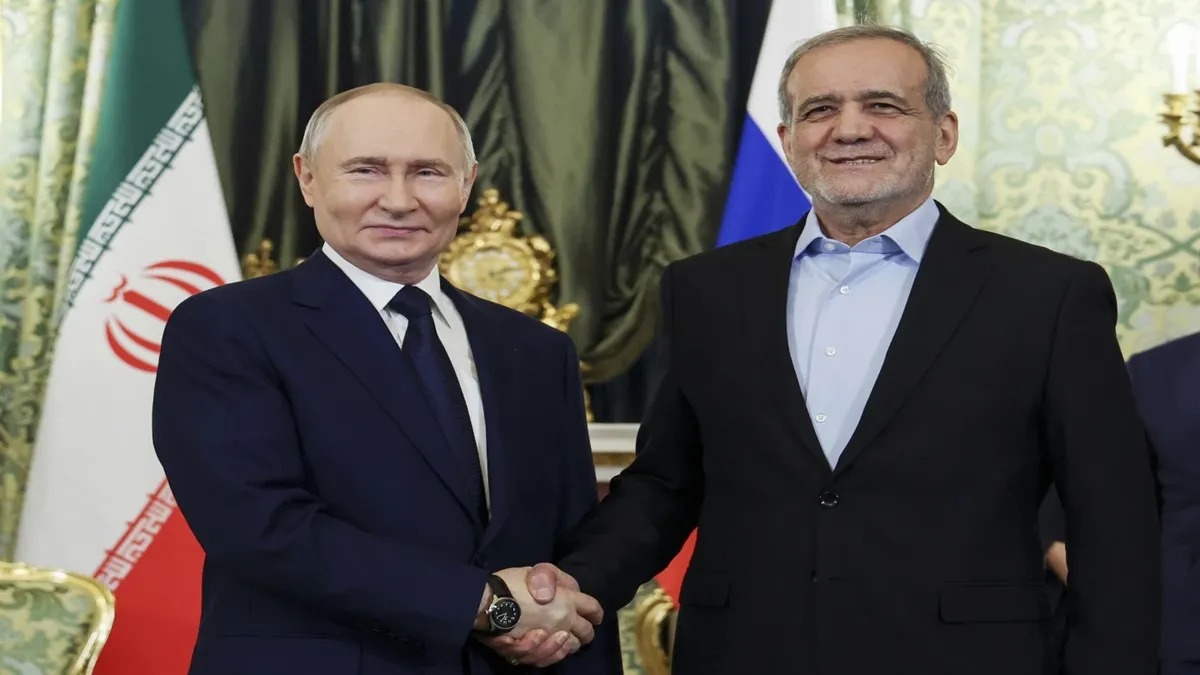
International: Marxist-leaning Anura Kumara Dissanayake and opposition leader Sajith Premadasa headed to a run-off for Sri Lanka's presidency on Sunday, the election body said, with a second round of counting to determine the winner using preferential votes. As of now, no candidate secured over 50 per cent vote needed to be declared the winner. It is the first time in Sri Lanka's history that the presidential race is to be decided by a second round of counting after the top two candidates failed to win the mandatory 50 per cent of votes to be declared winner.
All remaining candidates, including incumbent President Ranil Wickremesinghe, have been disqualified, the Election Commission told reporters. Dissanayake polled 39.5 per cent of the counted ballots with Premadasa finishing second at 34 per cent.
Wickremesinghe on third position
Wickremesinghe, who led the heavily indebted nation's fragile economic recovery from a debilitating crisis in 2022, trailed in third with 17 per cent
This is Sri Lanka's first election since the nation's economy buckled in 2022 under a severe foreign exchange shortage, leaving it unable to pay for imports of essentials including fuel, medicine and cooking gas. Protests forced then-President Gotabaya Rajapaksa to flee and later resign.
"The election result clearly shows the uprising that we witnessed in 2022 is not over," said Pradeep Peiris, a political scientist at the University of Colombo. "People have voted in line with those aspirations to have different political practices and political institutions. AKD (as Dissanayake is known) reflects these aspirations and people have rallied around him."
Who is Anura Kumara Dissanayake?
Dissanayake, 55, presented himself as the candidate of change for those reeling under austerity measures linked to a $2.9 billion International Monetary Fund bailout, promising to dissolve parliament within 45 days of taking office for a fresh mandate for his policies in general elections.
He has worried investors with a manifesto pledging to slash taxes in the island nation, which could impact IMF fiscal targets, and a $25 billion debt rework. But during the campaign, he took a more conciliatory approach, saying any changes would be undertaken in consultation with the IMF and that he was committed to ensuring repayment of debt.
Premadasa also pledged to renegotiate the contours of the IMF deal.
--Advertisement--

 Desk
Desk Share
Share






